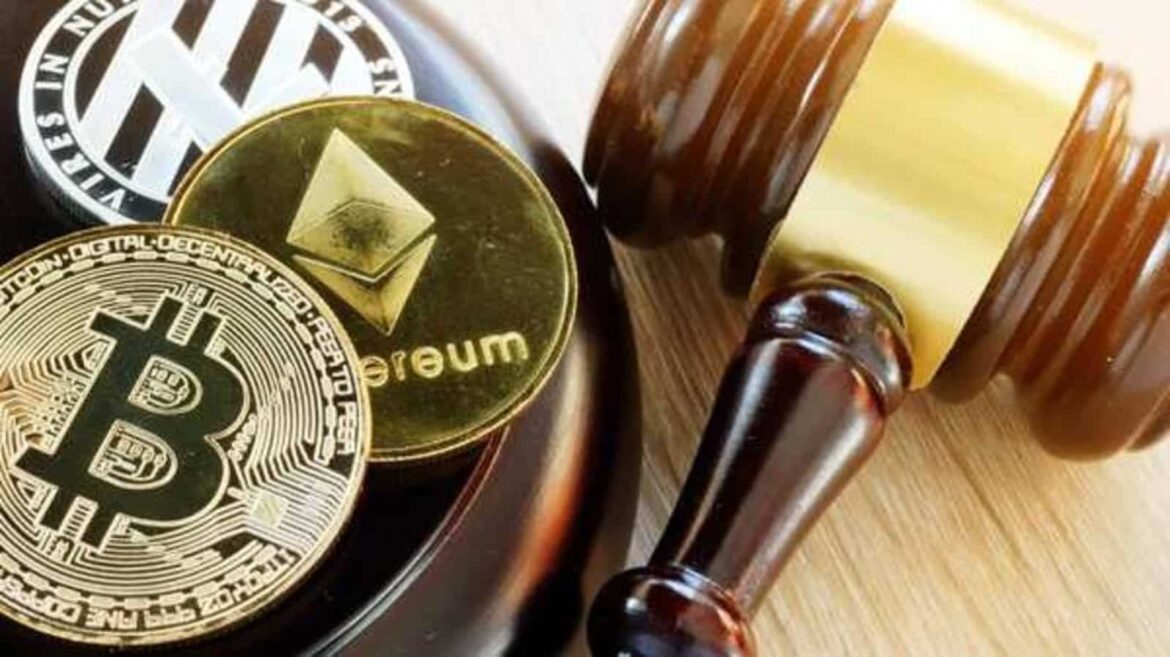India is set to take over the presidency of the intergovernmental group for one year starting in December.
India has hinted that crypto regulation would be a priority during the country’s year-long presidency of the G20, which begins next month.
Identifying “consensus-based solutions for accelerating the scale and scope of the response of the global community to many transboundary challenges such as regulation of virtual assets,” would be the third objective of India’s G20 Presidency, the Chief Economic Advisor to the government, V. Anantha Nageswaran, said during a Tuesday speech at an annual event hosted by the Indian Council for Research on International Economic Relations (ICRIER) on the upcoming G20 Conference.
The G20 is an intergovernmental forum made up of 19 economies and the European Union. Indonesia currently holds the presidency of the group. India will not only take over the G20 presidency starting in December, but will also host the G20 Leaders’ Summit for the first time next year.
With the presidency, India – which has passed what the local industry has criticized as a crippling tax regime, while the country’s central bank has called for a ban on cryptocurrencies – will now have a prominent role in framing global crypto regulation. As hosts, India will set the agenda for the year, identifying themes and focus areas for economic growth. India’s Finance Minister, Nirmala Sitharaman, had already said crypto will be part of the agenda, but this may be the first indication of it being a primary objective.
Nageswaran was standing in for Ajay Seth, secretary of the Department of Economic Affairs and the most senior government officer of India’s Finance Ministry responsible for shaping the narrative of the G20 Conference.
The G20’s Finance Track includes meetings among the forum’s finance ministers and central bank governors. Around 40 meetings are expected to be organized in the Finance Track, focusing on areas such as international financial architecture, local media reported. The process also involves the “Sherpa Track” in which Sherpas (negotiators, usually senior members of the staff of the heads of state and government) prepare the summit. Under the Sherpa Track, about 100 official meetings are expected to be organized around areas such as employment, health, and the digital economy. Both Seth and Nageswaran could be seen as Sherpas in the process.
Nageshwaran also highlighted “food and energy insecurity,” as another key objective of India’s G20 presidency in light of Russia’s invasion of Ukraine. The group will also look at strengthening multilateral institutions to serve the development needs of countries to take on global challenges.
